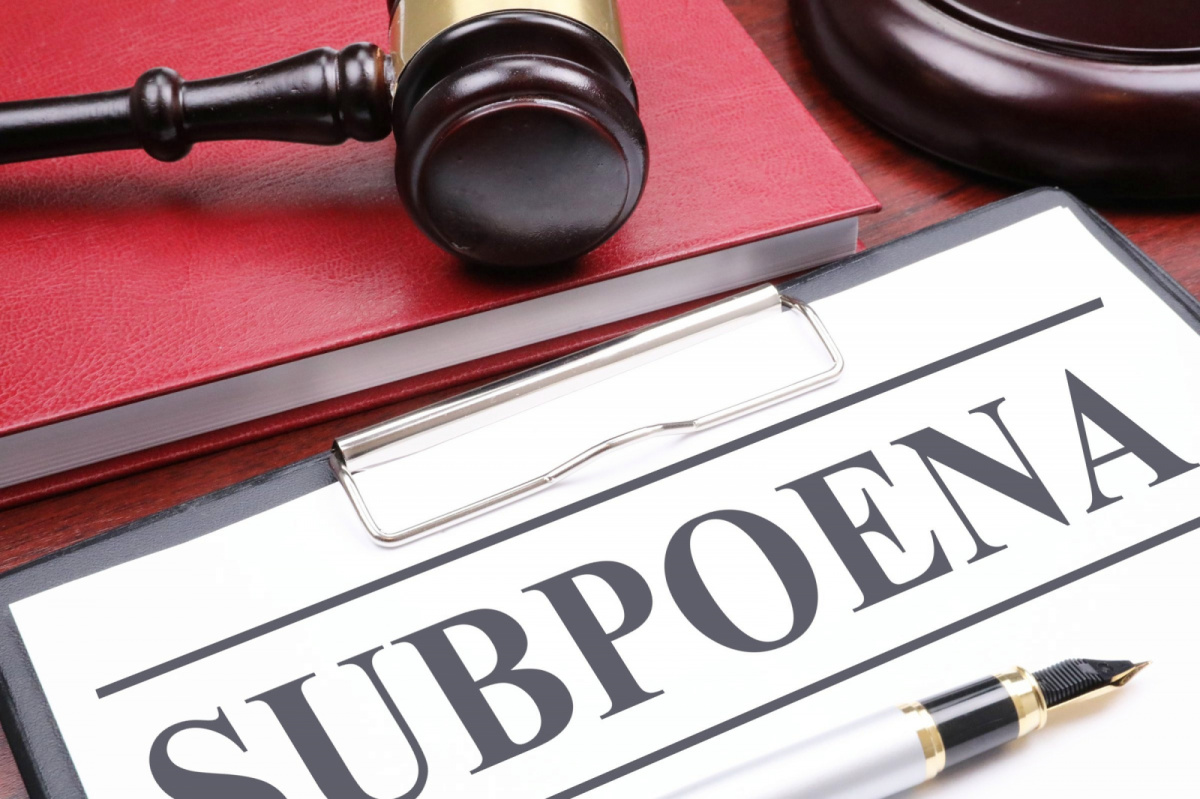Tips on Effective Use of Subpoenas in Arbitration

by Mark A. Shank[1]
Earlier in my career both as an advocate and as an arbitrator I did not fully appreciate the differences in compelling testimony and documents from third parties in arbitration as compared to litigation at the courthouse. After serving on an arbitration panel where counsel for one side made some crucial mistakes in seeking subpoenas it became clear to me that understanding this issue was a necessary part of an advocate’s tool kit.
My experience has proven that, in arbitration cases, obtaining testimony and documents from third parties is crucial to a party’s proof. Most seasoned trial lawyers are comfortable using the Federal Rules of Civil Procedure (FRCP) and most state rules to issue third party discovery subpoenas. Using subpoenas in arbitration is a bit more nuanced, but in most cases, diligent lawyers can still obtain what they need to prove their case. Most courts have held that under the Federal Arbitration Act (FAA) arbitrators may not compel third parties to comply with a pre-hearing discovery subpoena. This baseline, as well as the workarounds are important for arbitration counsel to know. Below we will first discuss both.
Section 7 of the FAA provides that arbitrators may compel witnesses to attend and bring documents and things to an arbitration hearing. The Second, Third, Ninth and Eleventh Circuits have held that Section 7 does not authorize arbitrators to compel pre-hearing deposition and document discovery from non-parties. The Sixth and Eighth Circuits appear to be in the minority, holding that it is implicit in an arbitration panels’ power to subpoena relevant documents for a hearing is the power to order review of those documents prior to hearing. The Fourth Circuit has staked out middle ground, holding that Section 7 precludes enforcement of discovery subpoenas exception on showing of special need or hardship. Several courts have held that that since Section 7 authorizes subpoena of witnesses and documents to a hearing, such hearing can be a “mini-hearing” or at a merits hearing prior to a final hearing are authorized. In this way the Arbitrator can compel a third party to provide testimony and documents prior to final hearing.
The Eleventh Circuit has held that compelling witnesses who reside outside the arbitral forum is authorized. Section 7 of the FAA references Rule 45 of the FRCP, which authorizes nationwide service. The court reasoned that since Rule 45 authorizes nationwide service, an arbitrator may issue a subpoena to a person outside the district in which the arbitrator sits. Section 7 allows the district court in the district in which the arbitrator sits to authorize to enforce the subpoena. The person subpoenaed may still raise the burden of traveling to the arbitral forum, it will be up to the district court to resolve any objections based upon traditional notions of fairness and reasonableness. According to the court, only in unusual cases will the burden to the third party rise to a level of constitutional concern. Counsel should be aware that enforcement proceedings in domestic arbitrations may also need to establish an independent basis for subject matter jurisdiction. Personal jurisdiction may also need to be established, although usually solved the arbitrators specifying a hearing location at the place of residence or business of the witness.
So, what are the important considerations for counsel seeking information from third parties in an arbitration case? First, know the precedent in your jurisdiction. If you are in the Sixth and Eight Circuits, your path to success will be simpler. In other Circuits, it will likely be more difficult. In such cases, starting early will be crucial. Determine what you will need from third parties as early in the process.
In many cases third parties will comply with arbitral subpoenas without objection, particularly when opposing counsel does not object. If not, determine what approach you intend to use to obtain this information. If you choose a merits hearing prior to the final hearing then let your panel know your intention to do so and why. Of course, discuss with opposing counsel and see if an agreed approach will be easier and save costs for all involved. Often opposing counsel will have some degree of access to or control over the third party in question. Also, a court could also independently have jurisdiction over the ancillary issues as a result of a prior action relating to a dispute between the underlying parties.
Finally, consider whether there are state law subpoena procedures which are more friendly to third party discovery in arbitration. In that case the parties could contractually agree to use state law procedures, triggering the federal policy in favor of enforcing agreed procedures in arbitration.
In summary, compelling third parties to provide information necessary to arbitrations depends some on luck of the draw (location) and some on resourcefulness. With adequate planning you likely can achieve your goal of discovering needed information for your client’s case.
[1] CCA Fellow Mark A. Shank is senior counsel at Diamond McCarthy LLP based in Dallas, Texas. The views expressed are solely those of the author.
Photo Credit: Subpoena by Nick Youngson CC BY-SA 3.0 Pix4free